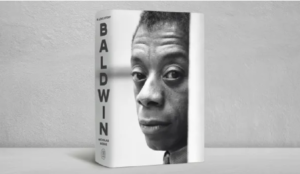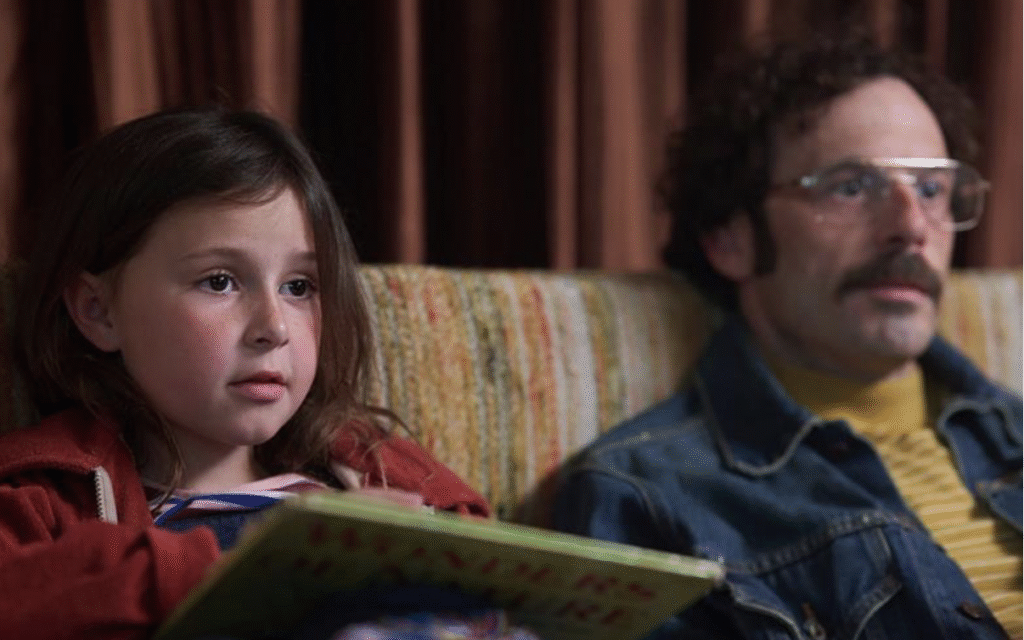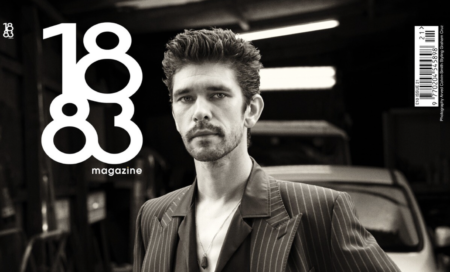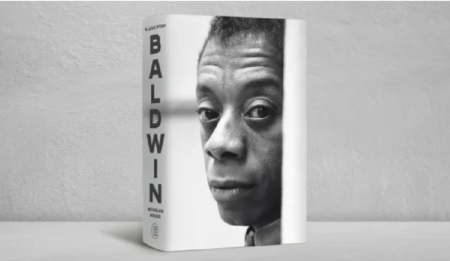Alysia Abbott’s memoir, Fairyland: A Memoir of My Father, tells the story of growing up in San Francisco’s Haight-Ashbury district as the daughter of a gay poet, Steve Abbott, following the death of her mother in a car accident when she was very young. In her recent essay, Abbott shares the complex emotions tied to her relationship with her father—her deep attachment and the fear of losing him—while also grappling with his multifaceted identity beyond fatherhood, including his poetic craft, cultural engagements, and romantic life. Her father’s struggle with AIDS-related complications and eventual death at age 48 left her confronting isolation and the fragility of memory, spurring her to write the memoir as a means to preserve a version of him that could transcend his physical absence.
The memoir’s adaptation into a 2023 film, directed by Andrew Durham and produced by Sofia Coppola, opened new emotional dimensions for Abbott. Watching the portrayal of her father on screen—embodied by actor Scoot McNairy, who studied extensive footage to capture Steve’s distinctive Nebraska accent—evoked a profound, unexpected response. A scene showing Steve alone in a bar, trying to appear sexy but instead revealing vulnerability, touched a hidden door to Abbott’s grief, illustrating how the reinterpretation by others brought nuances to her father’s character that her own memories and writing could not. This film, debuting at the Sundance Film Festival, does more than fictionalise; it reanimates a collective memory of those lost to AIDS and highlights the pervasive secrecy and stigma surrounding the epidemic, particularly within queer communities.
Abbott’s reflections consider the bittersweet nature of storytelling as both a healing practice and a process that inevitably fixes memories in a particular form. While her memoir helped her author a version of her father she could share with readers, the act of formalising these memories also smoothed over the raw pain, leaving her with a sense of loss about the unprocessed, unknowable parts of him. The film’s collaborative creation, influenced by the director’s own personal experience with his father’s death from AIDS, and the interpretations brought by cast and crew, offer a more fluid and living representation. For Abbott, this means her father—who will forever be frozen at the age he died—can continue to evolve in the imaginations of others and within her own ongoing relationship to his memory.
The backdrop of their story, marked by San Francisco’s vibrant counterculture in the 1970s and 1980s and the devastating impact of the AIDS epidemic, adds significant cultural and historical context. Abbott’s upbringing amidst the artistic and queer communities of Haight-Ashbury shaped her experience and provided a lens into a world deeply affected by loss yet rich in resilience and creativity. The memoir has been widely recognised for its intimate portrayal of this era and relationship, winning acclaim such as the ALA Stonewall Award, and is praised for its thoughtful incorporation of letters and journals that lend authenticity and depth to the narrative.
Source: Noah Wire Services




















